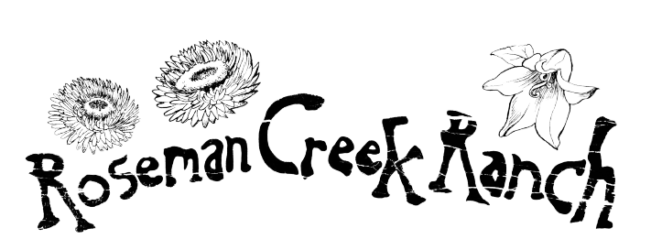Gene Logsdon: Can Garden Farming Be Too Successful?
In Gene Logsdon Blog on June 13, 2012 at 6:00 am
From GENE LOGSDON
This is just mischievous philosophical musing. Don’t take me too seriously. On the other hand…
One of my favorite books is the classic “Farmers of Forty Centuries” by F.H. King, written in 1911. It details the way food was produced in much of Asia for something like four thousand years and still is in many places there. It was, according to King who traveled the area at that time, an amazing kind of small scale agriculture that, without chemical fertilizer or power machinery of any kind was producing more food per acre at the beginning of the 20th century than farming in America then or now. The way the Japanese, Koreans, and Chinese returned all organic wastes, including human manure, to the soil was an absolutely triumphant model of sustainable farming. Some of the production figures from that time, over a century ago, seem almost unbelievable even today, and it all happened without Monsanto Claus if you can imagine that. Author King writes of farms in Japan which were producing food enough for 240 people, 24 donkeys, and 24 pigs per 40 acres, a size of farm that in the United States at that time would be regarded, he says, as too small to support a single family. Some 500,000,000 people (the present population of the U.S. of course is around 300,000,000) were being fed in the Far East upon the products of an area smaller than all the improved farm land of the United States in 1911. These garden farms hardly averaged one to two acres each. With a climate similar to our mid-south to lower corn belt area, these tiny farms sometimes grew three and even four crops per year on the same land. So precious were organic fertilizers that a private contractor paid the city of Shanghai $31,000, gold, for 78,000 tons of human waste which the contractor removed from residences and public places at his own cost— and felt privileged to be able to do so, says King because he was going to resell it to farmers.
To maintain ultra- high production, hundreds of miles of canals were dug to carry water to outlying fields and the water was rationed carefully to the crops. Not only that, but soil that eroded into the canals was regularly removed and put back on the fields. Obviously this all required vast amounts of human and animal labor. There was no unemployment in this kind of society.
